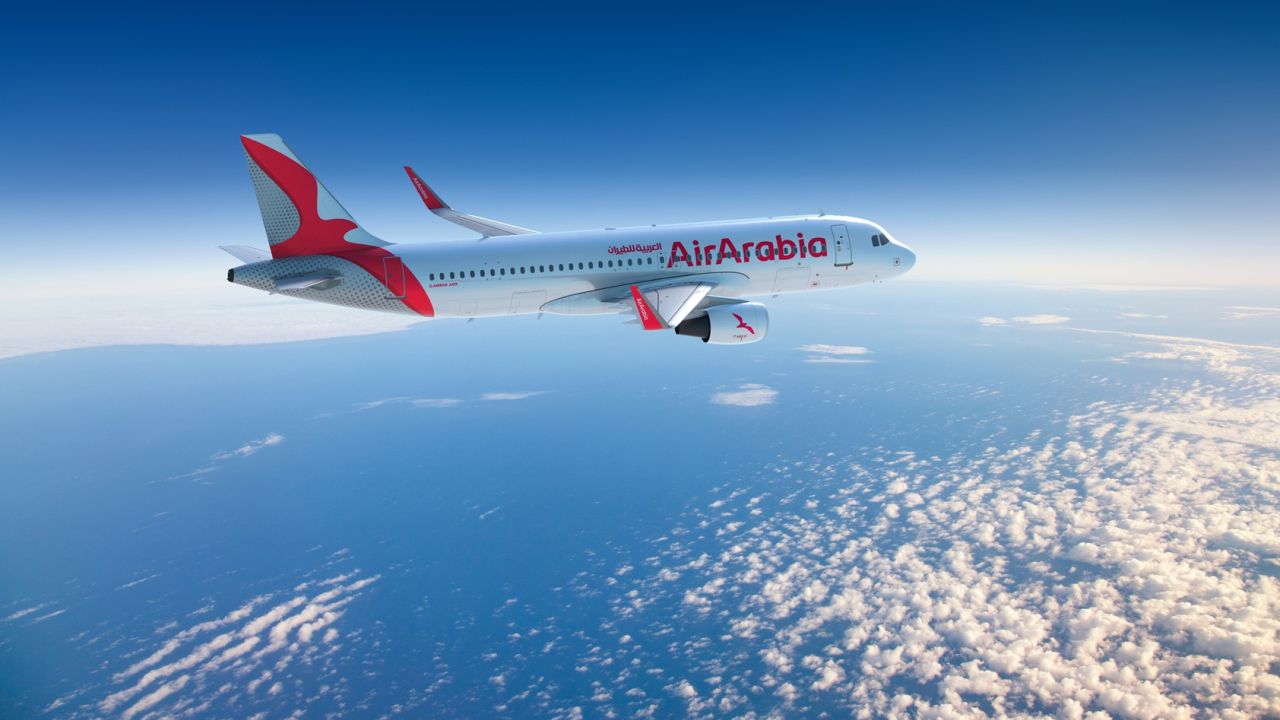Major step in agreements for aviation's carbon neutral growth
EU and US representatives at the IATA AGM in Cape Town applauded moves by IATA to bring to an end doubts about the industry's view on emissions.

The IATA members overwhelmingly endorsed a resolution on implementation of the Aviation Carbon-Neutral Growth (CNG2020) Strategy which provides governments with a set of principles on how governments could:
“Airlines are committed to working with governments to build a solid platform for the future sustainable development of aviation. Today, they have come together to recommend to governments the adoption of a single MBM for aviation and provide suggestions on how it might be applied to individual carriers. Now the ball is in the court of governments. We will be strongly supporting their leadership as they seek a global agreement through ICAO at its Assembly later this year,” said Tony Tyler, IATA’s director general and CEO.
Environment will be at the top of the agenda for the 38th ICAO Assembly in September.
“The aviation industry urgently needs governments to agree, through ICAO, a global approach to managing aviation’s carbon emissions, including a single global MBM. IATA member airlines agreed that a single mandatory carbon offsetting scheme would be the simplest and most effective option for an MBM,” Tyler said.
“For governments, finding agreement on MBMs will not be easy. It was difficult enough for the airlines, given the potential financial implications. Bridging the very different circumstances of fast growing airlines in emerging markets and those in more mature markets required a flexible approach and mutual understanding. But sustainability is aviation’s license to grow. With that understanding and a firm focus on the future, airlines found an historic agreement. This industry agreement should help to relieve the political gridlock on this important issue and give governments momentum and a set of tools as they continue their difficult deliberations” he said.
Aviation is the first industry to suggest a global approach to the application of a single MBM to manage its climate change impact. This keeps aviation in the forefront of industries on managing carbon emissions. It was also the first to agree global targets. These are: improving fuel efficiency by 1.5% annually to 2020, capping net emissions with CNG2020, and cutting emissions in half by 2050 compared to 2005. And it was also the first to agree on a global strategy to achieve them.
Stay up to date
Subscribe to the free Times Aerospace newsletter and receive the latest content every week. We'll never share your email address.

